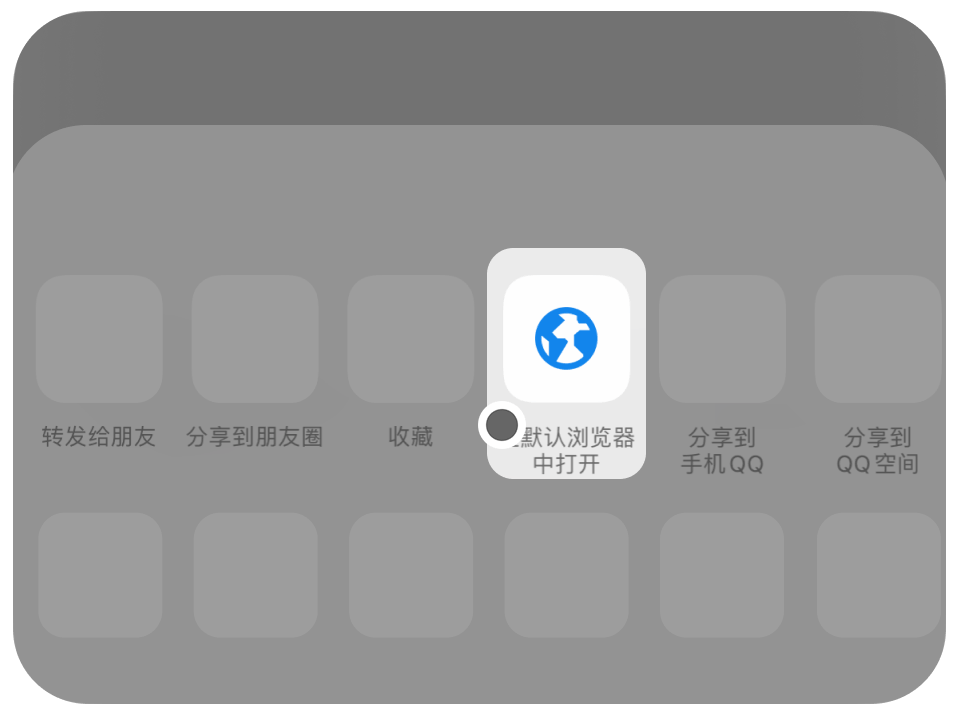SFC Markets and Finance | Marianne Ghali: The BRICS with opportunities will continue to be strong
️南方财经全媒体记者郑青亭 北京报道
The world is undergoing accelerated changes, with the BRICS emerging as a key force in shaping the global landscape. In recent years, BRICS members have grown in strength and now contribute over 50% to the global economic growth, becoming a symbol of unity and cooperation among emerging markets and developing countries worldwide.
The BRICS Women's Business Alliance (WBA), was established in 2000. Mariane Galal, the Chairperson of the BRICS WBA Egypt Chapter, Managing Director of Qalaa Holdings, shared her insights with the journalist from Southern Finance Omnimedia Corp. in an exclusive interview, offering perspectives on the development of the BRICS, China-Egypt cooperation, and the role of women in the workplace.
Mariane Galal stated that the BRICS has generated significant economic output and numerous opportunities. Despite its economic significance, she emphasized the need for BRICS countries to reduce their reliance on the U.S. dollar, creating an independent settlement and payment system.
Regarding regional development, she highlighted that the progress of the Belt and Road Initiative, along with the expansion into the Global South, has created a balanced development opportunity for China, Egypt and for all the countries involved.
On Egypt-China cooperation, she considered that AI, technology, and telecommunication are crucial areas where Egypt requires development. She expected joint ventures and initiatives as effective means to cooperate between China and Egypt.
The BRICS will continue to be strong
️SFC Markets and Finance: Against the backdrop of American isolationism, how do you perceive the significance of the BRICS cooperation? How do you think BRICS countries can further enhance their influence in global governance and the economic landscape?
️Marianne Ghali: A single polar economic or political system has never been a healthy one. With BRICS creation, I think a new entity has emerged. And over several years, it has proven to be coherent, decisive, and economically viable. It has become a serious concern for the U.S. and Europe in general. They have Egypt joined. Because they think this is a valuable participation, a valuable entity economically to be within. To be the creation of a different group, and a different economic entity, (which) makes it more viable. And the way the BRICS is operating is 100% consensus among the major five members that have joined at the beginning, making it very balanced, politically and economically. And economically, there's a lot of trade that has been generated, and opportunities has happened. I think it will continue to be strong. The challenge for them is to get currency and settlement payment for their activities, not to be totally dependent on the U.S. and the dollar. That is still a challenge for them to achieve.
The BRI has created a balanced development opportunity
️SFC Markets and Finance: What is your outlook on China's economic prospects? How does China's sustained economic growth impact emerging market countries like Egypt?
️Marianne Ghali: China's growth is impacting the whole world. The outlook that we see today is (around) 5 % GDP growth expected for China, still is considered to be significantly higher compared to the rest of the world. Remember, the whole world is suffering from persistent inflation that has been seen across the whole world. And the increasing price of energy has made it even more difficult. So the countries importing from China have slowed their demand, too. So that was, I think, global impact of the political situation that is outside the China's situation. However, with the Belt and Road Initiative, I think, moving from globalization to regionalization and getting into the Global South, has created a balancing opportunity for China especially, I think for all the countries that are involved in that initiative. We think Egypt should be a beneficiary there. I think moving goods, fostering supply chains' improvement, the multilateral activities would also impact Egypt in a positive way.
️SFC Markets and Finance: How do you view the opportunities in the Chinese market? What are the main opportunities and challenges for Egyptian businesses in the Chinese market? ️Which industries or sectors should Egyptian businesses focus on?
️Marianne Ghali: It is very difficult to compete in China, but there are lots of areas that we can cooperate on. There is a lot of technological transfers that can happen. A lot of unshoring investments where Egypt can provide local content for certain activities. But for Egyptians to start businesses in China, I'm not sure how viable those opportunities would be, and what Egyptian investments here are like, sourcing their supply chain by owning the supply chain here in China. Several industries are looking to be either a partner or become an owner of the supply chain that they use as the input for their own companies. But AI and technology transfers, telecommunication is a very important segment where Egypt needs a lot of technology transfer, I think, being joint ventures, being initiatives that we can do here.
There has been a quality improvement of Chinese products
️SFC Markets and Finance: Economic cooperation between China and Egypt has deepened in recent years. Could you share one or two cases that have impressed you? How have these projects promoted Egypt's economic development, particularly in terms of infrastructure or employment?
️Marianne Ghali: We had a Chinese delegation come to Egypt about two months ago. I made some research to understand the cooperation that happens between China and Egypt. And I was happy to learn that there were 2,000 Chinese companies that have invested and are in Egypt today. They have also become very active in the construction segment. They are helping us with the new capital that we are creating. They bring experience, and skills that maybe are not available in Egypt's efficiencies.
But I also understand that there is several new investments coming up. And I'm very impressed with that. China Glass Holdings Limited is coming. There's a big chemical factory that is happening. There is more in the mining section. And Egypt is very welcome to these new investments and is creating a very positive environment. Legislatively, tax and all the logistics required to be able to have an startup and an easy process for the startup of a company.
Egypt with the new President Abdul Fatah Al-Sisi, we've had a very strong emphasis on infrastructure as much needed. There were railway, roads, bridges, trains, and ports. So all of those infrastructure brought in new jobs for the community. It produced a lot of inputs required. So the cement and steel business was flourishing. All the building materials were very important and became quite large scale. And these created the possibilities for new investments in Egypt. But the emphasis on infrastructure was much needed. And there's a lot of tangible development, and achievements that have been made.
️SFC Markets and Finance: How has Egypt's perception of “Made in China” products evolved in recent years?
️Marianne Ghali: I think people have realized that you pay for what you get. There is a whole grade of value and quality that you can get from Chinese production. So it has become a lot improved. Egypt is an emerging market with price sensitivity on most of the commodities, so a cheaper import and supply chain is very important. It does not mean that the quality has been reduced. We've been able to provide commodities and products in Egypt, because of the most efficient economic and pricing system that we get out of China. It has been recognized now that there is quality can be improved depending on what you're producing. We've recognized that there has been a variation and graduation in quality of Chinese product.
️SFC Markets and Finance: The New Administrative Capital project in Egypt is seen as key to the country's economic transformation. What is your assessment of the project's current progress and future potential? What role have Chinese companies played in it?
️Marianne Ghali: The significant progress has happened. The iconic tower is up. There's a lot of migration of all the ministries and all the government officers have been completed. People are living there and the government officers are now there. You have to go to the area there,to be able to do any business with the government in any form or shape. Extremely impressive. It's a mega project that will take a bit of more time. It has cost us a little more than we had expected, because of the time scale, as materials had all jumped up, and the quality requested was very high. I think it's going to be an extremely positive upgrade for the city center. Housing projects are coming along, and private sector projects are also moving in the right direction. And slowly, the demand for the area is coming through. And then there will be a fast train connectivity that will make it very accessible to the normal population, once the project is complete.
The iconic tower and the buildings around it have been developed and constructed by China State Construction Engineering Corporation. It's a state company. They've done an excellent job. The efficiency was very high. And the quality of work was extremely good. There have been a very valuable contribution. And I think they've helped with the financing.
Egypt's bottleneck exists in the export-oriented area
️SFC Markets and Finance: With over 30 years of experience in Egypt's private equity sector, what do you think are the main bottlenecks in Egypt's economy currently?
️Marianne Ghali: I think bottlenecks come only in the export-oriented setup. We have the logistics of crossing the barriers that are slightly slow. But I don't see bottlenecks as much as they used to be. There was (a time) getting paperwork, permits, and industrial land very difficult. It has become much better and more accessible in all the sectors. The defensive sectors have managed to go through the inflation and recession, because they are very defensive in the approach they have. And a bottleneck, a lot of people complained, is the bureaucracy.The bureaucracy is similar to most of the countries except areas like Saudi Arabia, United Arab Emirates, where permits are much easier and faster.
I think industry is a very important component of the economy. Now, there's a lot of attention given to it, especially for either import replacement or export-oriented businesses. So there's a lot of support there. Taxes are still in a very good way compared to a lot of other countries. And the export, I think it's the only bottleneck. We are not exporting enough, and we are not encouraging enough exports to go, either through the logistics that are going through or the general environment for that.
️SFC Markets and Finance: To what extent will Egypt's exports be impacted by the tariffs imposed this year by the U.S. President Donald Trump?
️Marianne Ghali: I'm sure, but we have yet to see. But our markets are mostly Europe. We do not export too much to the U.S. between the agricultural products, between the ready-made garments, between the building materials. Most of our markets are to Europe. So definitely there will be an impact, but it is not as bad as other countries, who are basing heavily on the U.S. markets. Our main partner in export has been Europe.
Due to proximity, pricing, the GMO for the agricultural products. All our supplies come from Europe, mostly not from the U.S. so our impact, definitely, there will be an impact, maybe indirectly because it will have an impact on world trade in general, that the demand will be slightly less. I think we are in a better situation than many other countries.


